Oak or cedar Christmas trees?
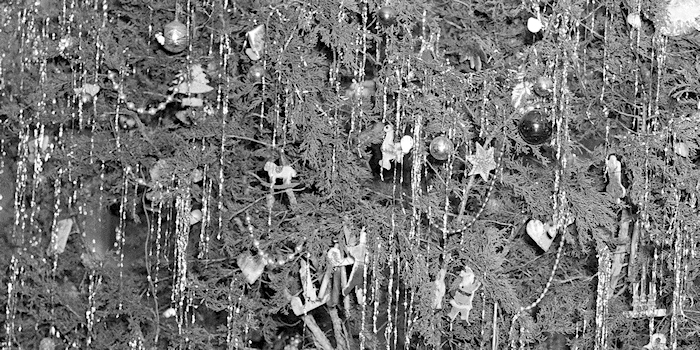
By Keva Hoffmann Boardman — Christmas lights and decorations are going up all over town. I love all the green, the red, the shiny and the bright. Our German town founders did too. The tradition of putting up a Christmas tree goes back to 16th century Europe. Germanic-speaking Christians brought fresh-cut evergreens into their houses […]
“What’s in a name?” — William Shakespeare
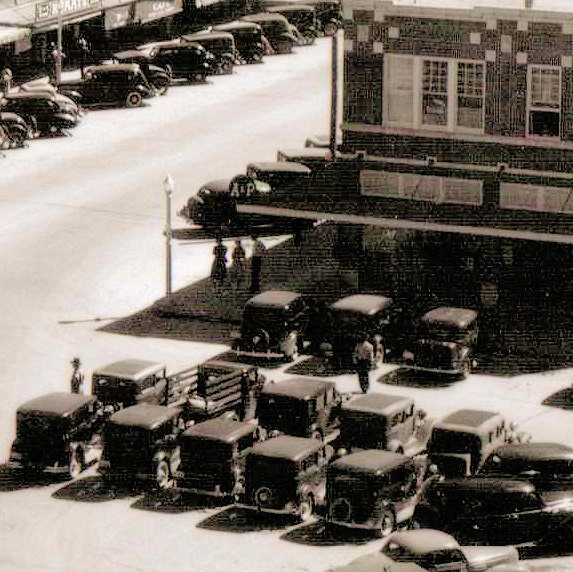
By Keva Hoffmann Boardman — What if New Braunfels was not named New Braunfels? I had never considered this, but of course the wonderful historian Oscar Haas did and recorded his findings in his book, History of New Braunfels and Comal County 1844-1946. There are two occasions on record wherein New Braunfels nearly lost its […]
Scholl Peters house gone missing

By Tara V. Kohlenberg — I watch rooftops multiply daily as I look out from our house of more than 30 years. I will not lie. It is distressing. It truly makes me appreciate the beautiful well-built 100-plus-year-old buildings that grace our city. Being a native, I often wonder what has become of the many […]
Mueller family history tapestry
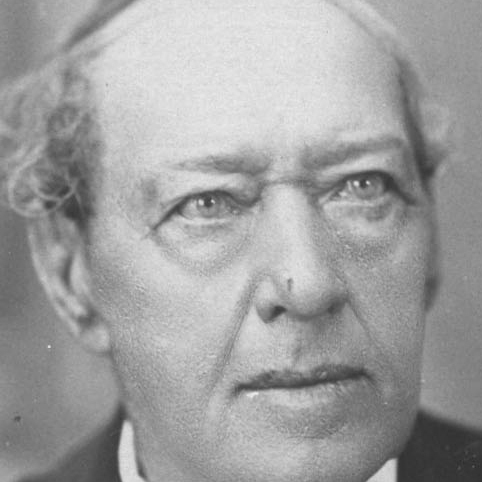
By Tara V. Kohlenberg — Have you ever tugged at a loose thread only to find that the thread was not really loose, resulting in an irritating unraveling of sorts? I recently pulled at said “loose thread,” but the odd “thread” that I pulled exposed a beautiful tapestry with a surprising outcome. Last month, I […]
Weather reports from New Braunfels
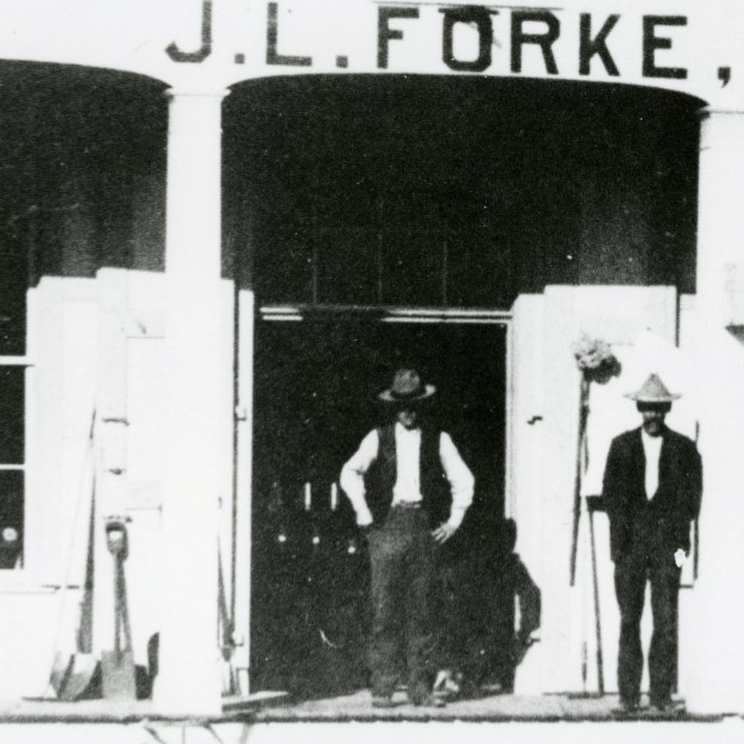
By Keva Hoffmann Boardman — I wake up in the morning and the first thing I do is pull up the weather app on my phone. I want to know temperature and precipitation possibilities in order to get dressed appropriately. Humans have always watched the weather. Where to settle, when to plant and harvest, what […]
Postmarks tell interesting history
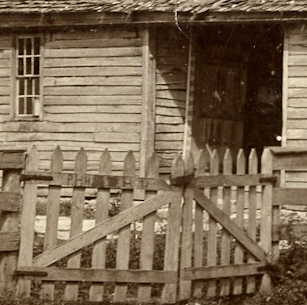
By Myra Lee Adams Goff — A young German count, Arnold-Henkel von Donnersmark, came to the New Braunfels settlement in 1845 with Prince Carl. He built a large frame building where he lived and conducted his hotel and saloon business. In less than a year he had accumulated several thousand dollars. This is how he […]
Early German immigrants faced tough times at Christmas
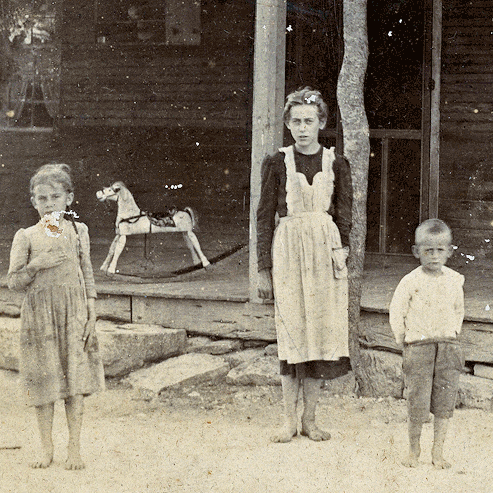
By Myra Lee Adams Goff — The year is 1849, just five years after the first emigrants arrived on the Texas coast. Hermann Seele has been invited to spend December 26th with Pastor L.C. Ervendberg, his wife Luise, their five children, and the 19 orphans left parentless by the devastating immigration conditions beginning in 1846. The […]
New Braunfels had a poor farm

By Tara V. Kohlenberg — As a child, were you ever told that wanting a special toy or dress or bike would land the whole family on the poor farm? I’m not sure it was said specifically to me, but I have heard it said. I wondered where these farms were and who had to […]
Yet another rip-roaring July 4th celebration

By Myra Lee Adams Goff — Historically, the first July 4th celebration in New Braunfels goes back to 1846. The emigrants had arrived only three months earlier on March 21, 1845, when Texas was still the Republic of Texas. Now, in 1846 they could celebrate the national festival commemorating the signing of the Declaration of […]
The voice of Oscar Haas

By Tara V. Kohlenberg — Oscar Haas was well known as the historian and record-keeper of New Braunfels and Comal County. He documented a hundred years of our community’s progress through twenty years of newspaper articles and a published book. Now in its fourth printing, The History of New Braunfels and Comal County, Texas 1844-1946, […]





